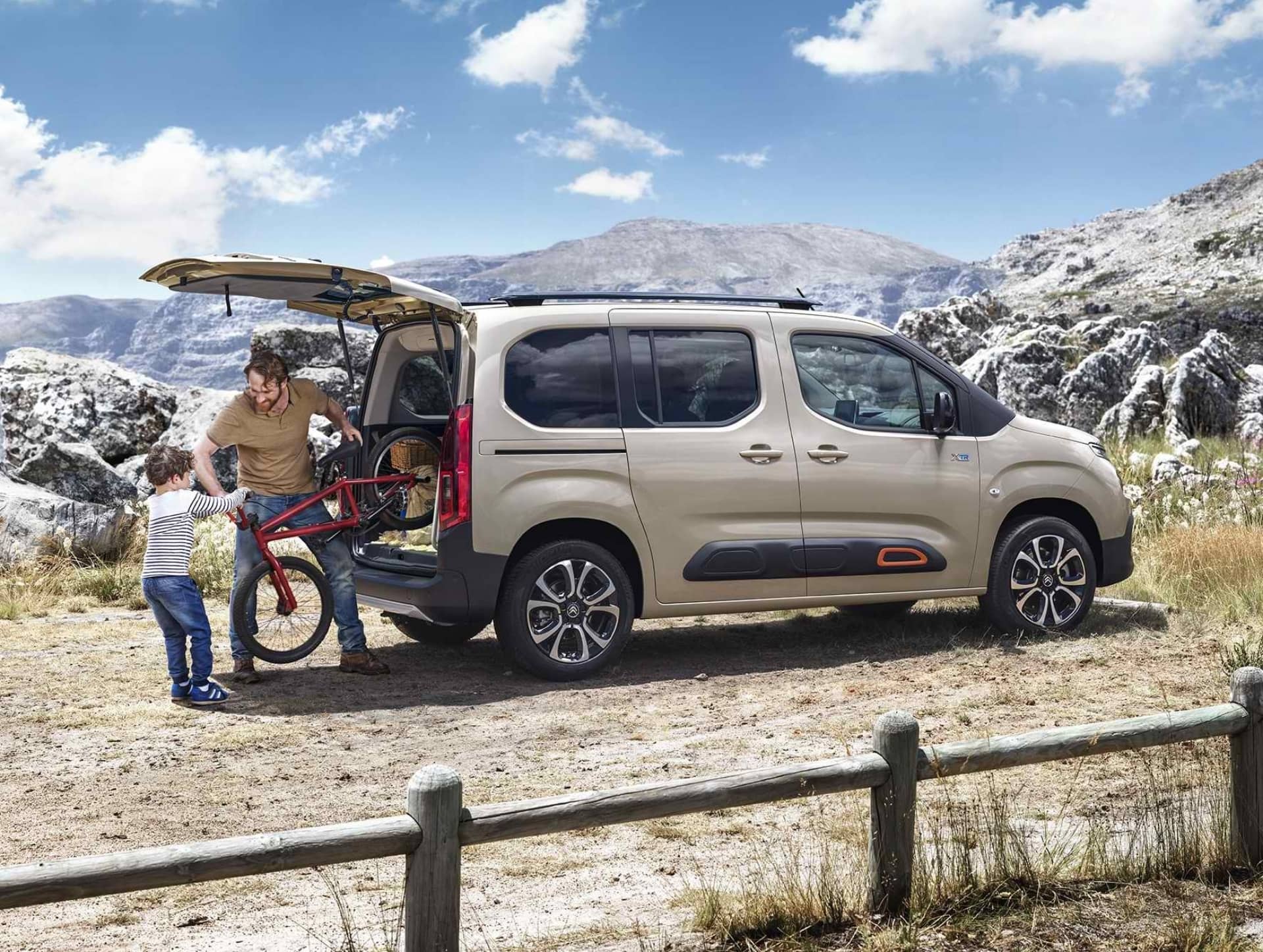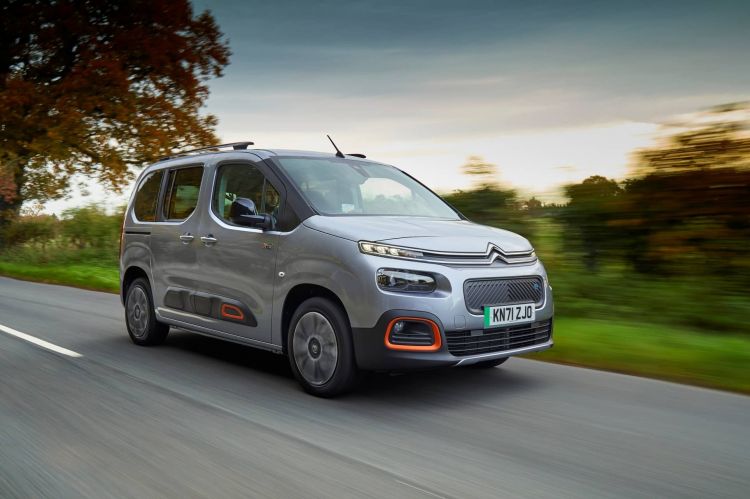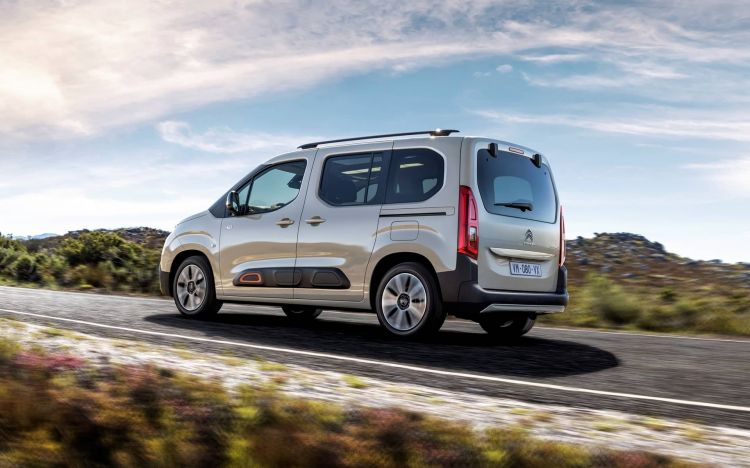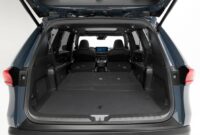Families and professionals, the Citroën Berlingo with diesel and gasoline engines is put on sale again. After the controversial and disputed decision to sell the Berlingo only in an electric version in 2022, Citroën has decided to re-market this popular van with internal combustion enginesa decision that will be more than welcome by the market in light of the handicaps involved in having to make the leap to the electric Berlingo.
It was just a year ago when the Citroën Berlingo and its twin sisters, the Peugeot Rifter and the Opel Combo, eliminated any trace of a heat engine from their commercial offer. The need to reduce CO2 emissions and the increasingly better possibilities of the electric variants motivated this movement, however the decision was highly questioned. On the one hand, the purchase price increased significantly, while on the other hand the possibilities of use were also conditioned.
The return of the diesel engine once again makes the Berlingo a very interesting family to travel with our children, ride a camper, etc.
Thus, Citroën has put the Berlingo up for sale again with heat engines. On the one hand we have the Diesel Berlingo available with a 100 hp 1.5 BlueHDI engine and a 6-speed manual transmission from 20,739 euroshaving as an alternative to the Berlingo gasoline with a 110 hp 1.2 PureTech engine and 6-speed manual transmission for 19,971 euros. By way of comparison, the cheapest electric Berlingo has 136 CV of power, 285 km of WLTP autonomy and a price that starts at 30,037 euros before applying any help such as those available through the MOVES plan.
We are talking about clear price advantages and possibilities of use in the case of internal combustion engines, especially if the objective of our Berlingo is not to be used exclusively in the city. Even so, despite the higher purchase price and the more limited autonomy and possibility of recharging, we must not forget that electric vans like the ë-Berlingo They are more and more common in big cities.because that is where they get the most out of their ZERO emissions label, their efficiency and their low cost per kilometer.






